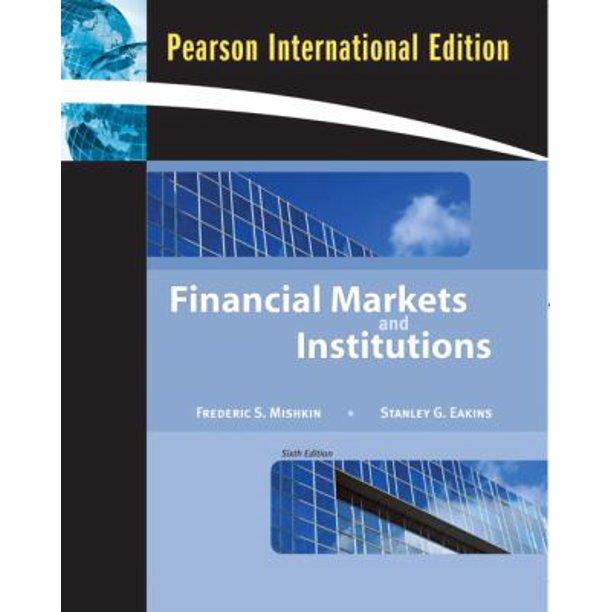Question
Tom is the public financial manager for the country of Tuvalu. Suppose Tuvalu operates similarly to American states and localities. Please answer the questions below
Tom is the public financial manager for the country of Tuvalu. Suppose Tuvalu operates similarly to American states and localities. Please answer the questions below based on the following additional information: Tom just took over these duties in the month of May, and Jun 30 is the end of the fiscal year. He is alarmed to discover that there is currently $8 million available in cash at the end of April. They have no more cash inflows this year their sole source of revenue is the income tax which begins to arrive in January each year. If they follow their current budget through the end of the fiscal year, they needed to have $10 million in cash today. At the beginning of the year, Tuvalu was forecasted to have $10.5 million in cash at the end of April, but an unexpected downturn, which began last August, meant that revenue was $2.5 million lower than projected by April. The downturn is expected to last two years. In the three fiscal years prior to 2020, the realized ending cash balances had always been within 10% of the forecasted amounts each month. Tuvalu has a rainy-day fund that currently has a recognized value of $4 million invested in the following way: 25% in stocks, 25% in 1-year T-bill (2% interest rate), 25% in 1-year CDs (1.75% interest rate) and 25% in 2-year T-notes (3% interest rate). All the one-year CDs and T-bills will mature on June 30 of this year and the 2- year T-notes will mature on June 30 of next year. The stock market has declined as a result of the economic downturn. The CDs will charge 2 months of interest if the money is withdrawn early. a) Please describe three ways in which the rainy-day fund could have been invested better. (4 points) b) Assume Tuvalu has a central bank that pursues the same monetary policies and goals as the Federal Reserve in the United States. Do you expect the interest rate is higher or lower now than it was prior to the downturn? (4 points) c) Based on your answer to part (b), if Tomu sells some of the 2-year T-notes now to cover the cash shortage, do you expect he will lose any principal? Explain. (4 points) d) Given previous forecast variances of ending cash balances, should the previous manager have expected the cash shortage Tuvalu now faces and created a larger rainy-day fund to prepare for it? Explain your answer (5 points) e) Tomu is trying to decide how to make up for the cash shortfall. He could liquidate some of the assets in the rainy-day fund or issue tax-anticipation notes at an interest rate of 5%. Which option do you recommend and why? (4 points) f) Instead of pursuing one of the options in part (e), Tomu wonders whether he can introduce a sales tax to address the cash shortfall instead. This can be introduced only at the beginning of a fiscal year in Tuvalu. Would you recommend this strategy instead of the one you chose in part (e)? Explain your answer. (3 points)
Step by Step Solution
There are 3 Steps involved in it
Step: 1

Get Instant Access to Expert-Tailored Solutions
See step-by-step solutions with expert insights and AI powered tools for academic success
Step: 2

Step: 3

Ace Your Homework with AI
Get the answers you need in no time with our AI-driven, step-by-step assistance
Get Started


